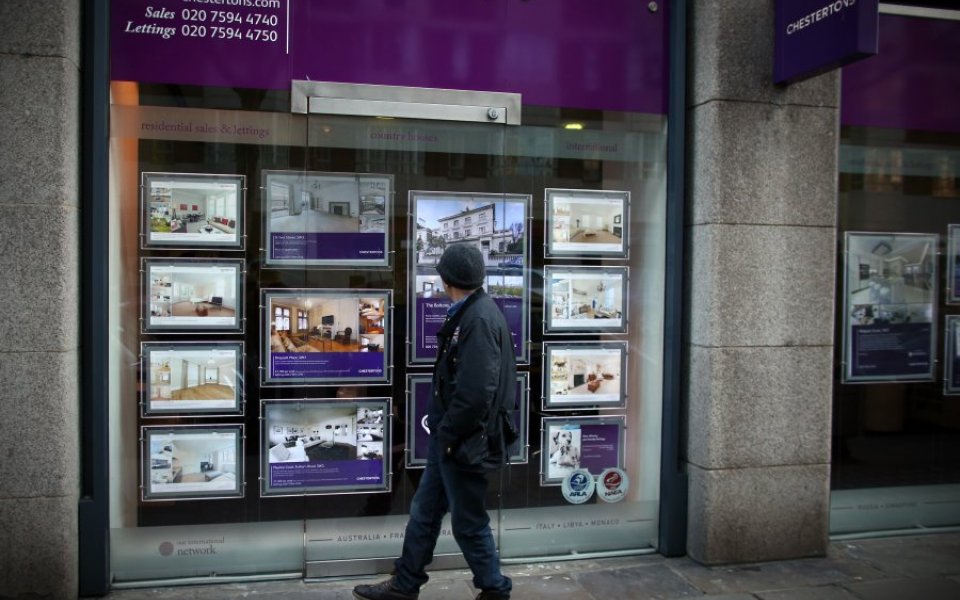House price growth to slow across the country in 2016

ANNUAL house price growth nationally is expected to slow to between 4 per cent and 6 per cent by the end of 2016, according to economists at the Halifax.
The slowdown is being blamed on the increasing difficulty in getting on the housing ladder, as well as the looming prospect of an interest rate rise from the Bank of England.
Despite repeated government pledges to build more housing, the Halifax expects a shortage of housing supply to continue to drag on prices in 2016.
Halifax economists think that over the medium term an increase in house building will help to ease house prices.
Martin Ellis, housing economist at Halifax said: “There is little reason to expect any fundamental shift in the key market drivers in the immediate future. As a result, the substantial imbalance between supply and demand is likely to persist, maintaining upward pressure on house prices in 2016.
“Sales in 2016 are expected to be modestly higher than this year, but to remain well below the peak of 1.6 million in 2006,” Ellis added.
House price growth in the UK during 2015, following a similar trend in 2013 and 2014, has been led by London, though this is beginning to slow.
Pre-election investor concerns, management of loan to income caps as a result of FPC direction on lending, and the changes in stamp duty have all meant a house prices in London have been volatile this year.
Though prices in all regions are expected to rise over 2016, price growth in London will slow more sharply.
Some economist have speculated price rises in London could drop to single figures next year.
The recent changes to the fast growing buy-to-let mortgage market announced this year are not expected to have a significant effect on house prices next year, though the changes to stamp duty some think could impact on transaction levels in the first quarter.